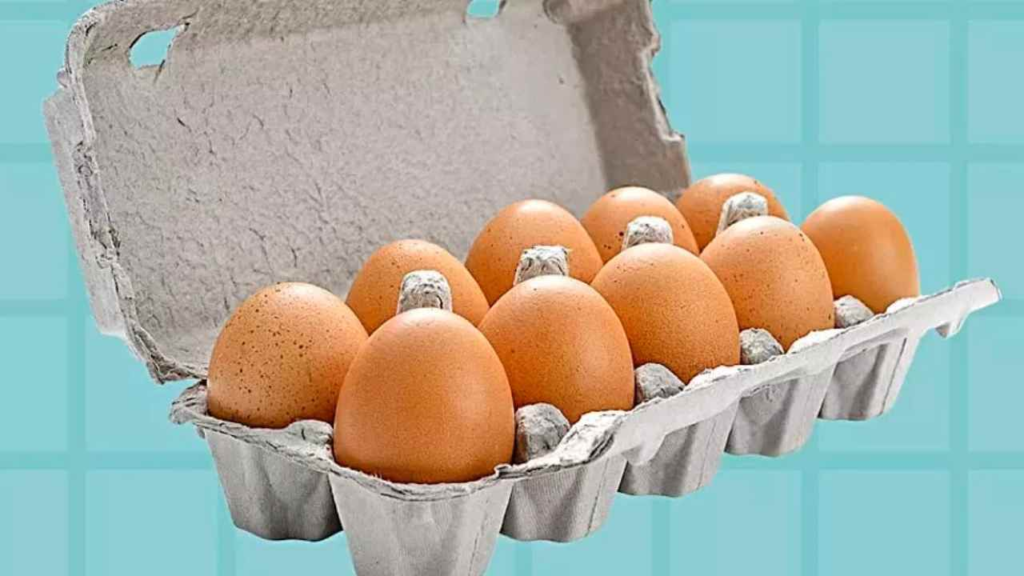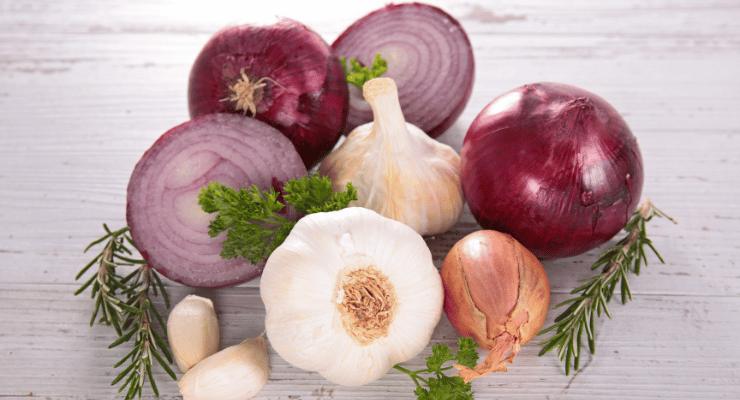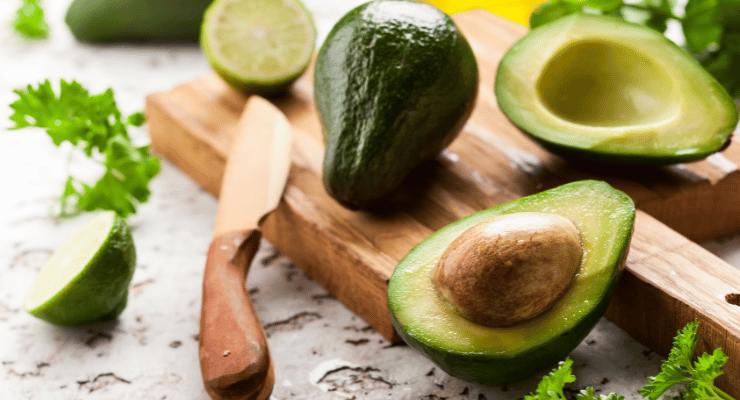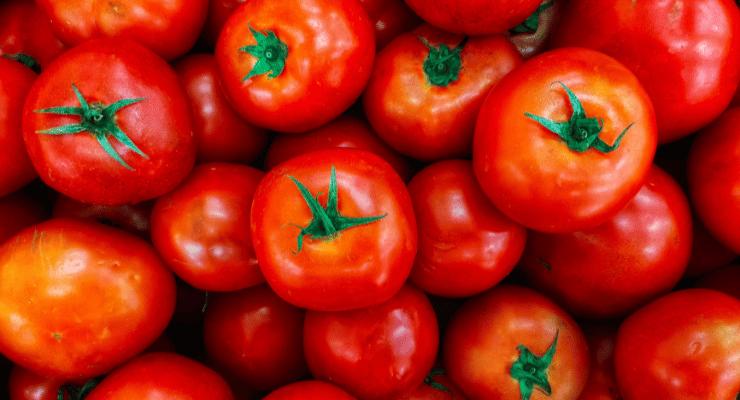
Due to the heat we are experiencing these days, food also spoils more quickly . And so the first solution that comes to mind is to put them all in the fridge. But is that really the right thing ? It will surprise you, but if you have the habit of keeping these 7 foods in the fridge , you are doing something wrong. Let’s find out what they are.
Watch out for these 7 foods in the fridge: Bread
Putting food in the refrigerator is a common act that we do in good faith , believing that in this way it will last longer and will not spoil. However, the refrigerator is not necessary , especially for some foods , as there is a risk that our food will spoil faster than expected .
This is the case, for example, with bread . It seems like a good idea to put it in the fridge if we want to keep it for several days , but the reality is that it changes its taste and texture . In fact, storing it in the fridge speeds up the ripening of the bread , which causes it to dry out more quickly and appear more “ rubbery ”.

In addition, bread has the ability to absorb the smells of other foods stored in the refrigerator, which is why it can also taste different . However, if we really can’t help but keep bread in the fridge, we can take some precautions .
For example, it is wiser to decide to freeze : we cut our bread into slices and place them individually in freezer bags. Then just thaw it and reheat it in the oven so it tastes like it was freshly baked.
Onions and garlic
Also keep an eye on onions and garlic in the fridge. Onions in particular should preferably be stored whole in a cool, dry place , for example in the basement or pantry . The ideal temperature for storing them is around 7-13° and they do not like humidity . Therefore, putting them in the fridge is not the best solution .
The situation is different with sliced onions. In this case, they risk deteriorating more quickly . For this reason, it is advisable to store them in the refrigerator, preferably in an airtight container , so that they are exposed to the air as little as possible. This will also prevent the smell of chopped onions from spreading in the fridge .
What about garlic ? Its bulbs , like onions, prefer storage in a dry, cool and well-ventilated environment , such as a pantry . Pay particular attention to direct sunlight : this is absolutely not recommended for whole garlic bulbs .

On the other hand, if we need to store garlic cloves that have already been cut , the refrigerator is the best option to preserve their freshness . However, as with onions, it is recommended that you store garlic in an airtight container to protect it and prevent other foods from absorbing its smell .
We can store garlic cloves in the refrigerator for up to 2 weeks on average . However, you should keep in mind that the garlic taste changes slightly in the refrigerator and becomes more tender .
Avoid These 7 Foods in the Fridge: Avocados and Potatoes
Can avocados be stored in the refrigerator ? Yes, but it depends on the level of maturity at which we keep it . An unripe avocado should preferably be kept out of the refrigerator until fully ripe . Otherwise we would slow down its maturation , which would mean we would have to wait a long time before we could consume it .
A ripe avocado, on the other hand, can be stored in the refrigerator if we want to wait a few days before consuming it . This means the freshness is retained for longer.
To store it optimally in the refrigerator , we recommend wrapping the avocado in a napkin or a paper bag . This will absorb excess moisture and prevent our avocado from ripening too quickly .

The refrigerator is also suitable for an avocado that has already been opened, which you can keep in a cool place after sprinkling the flesh with a little lemon or olive oil to prevent it from oxidizing .
And the potatoes ? These are vegetables that require a different storage method than other vegetables. In fact, whole potatoes are best stored in a dark, cool place with good ventilation . In the refrigerator , the starch in potatoes can turn into sugar more quickly , changing the taste .
If there is no cool place to store them due to the heat, we can opt for the refrigerator and be careful not to leave the potatoes in the refrigerator for more than a week .
Tomatoes and olive oil
Let’s move on to a food whose preservation many often debate: tomatoes . In general, storing tomatoes in the refrigerator is not recommended unless they have reached a high level of ripeness and we want to keep them for a few more days .
Why is the refrigerator not suitable for tomatoes ? Mainly for taste reasons : a low temperature can change the texture and flavor of the tomatoes, making them less tasty and stringy . To keep our tomatoes in perfect condition , the ideal is to store them at room temperature and protect them from direct sunlight.

However, if the tomatoes are really very ripe and we need to keep them a little longer , we can put them in the refrigerator . A little tip: Let the tomatoes you take out of the fridge warm to room temperature before eating . This way the taste will be better .
What about olive oil ? In this case, it is absolutely not advisable to use the refrigerator : the olive oil should be stored cool and in a dark place. In fact, the cold of the refrigerator can make the oil thicker and cloudier or cause condensation to form inside the bottle, which would affect the quality of our oil due to humidity.
In general, olive oil should be stored at a temperature of 20-25° in an airtight container and protected from direct sunlight.
